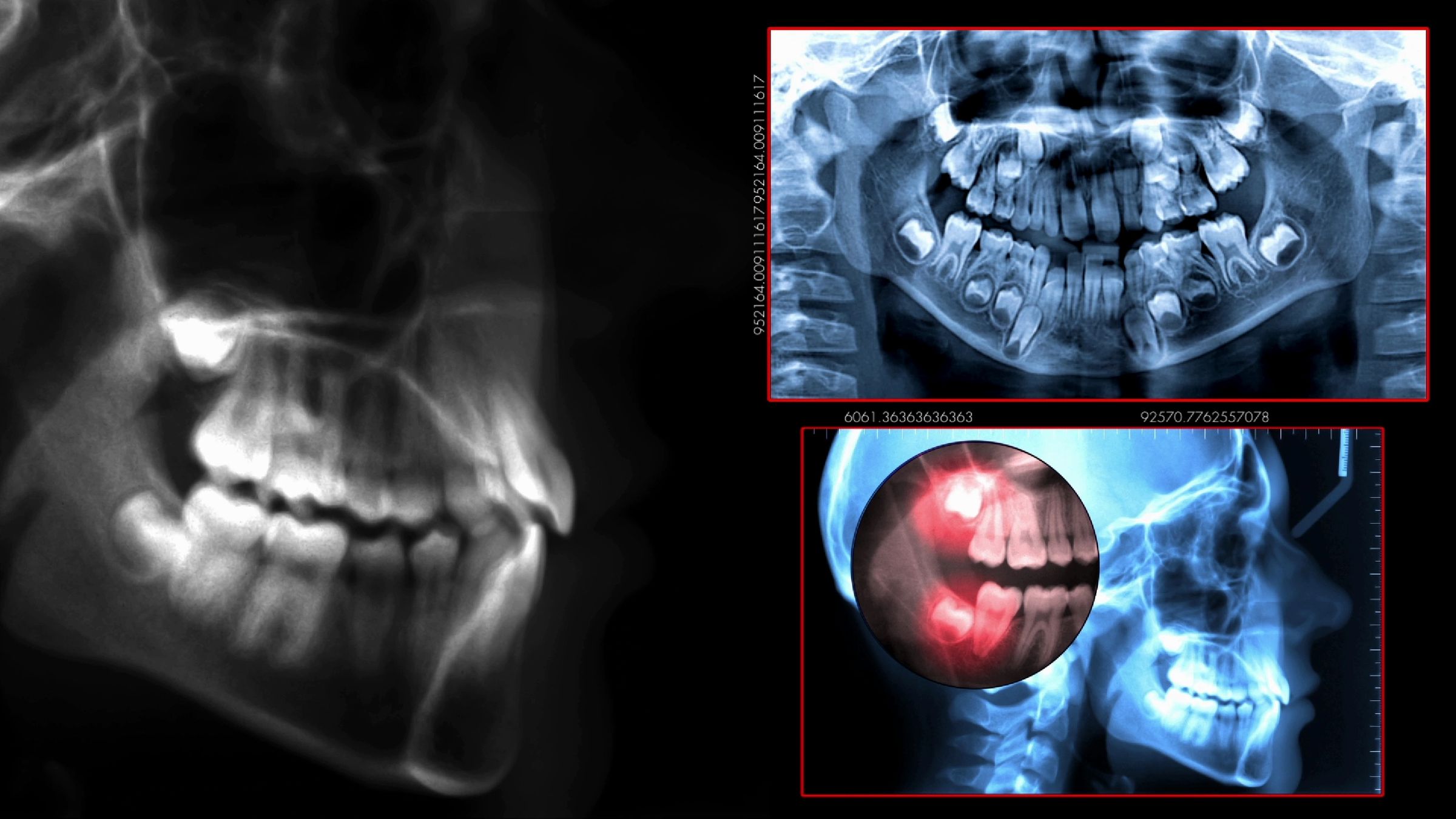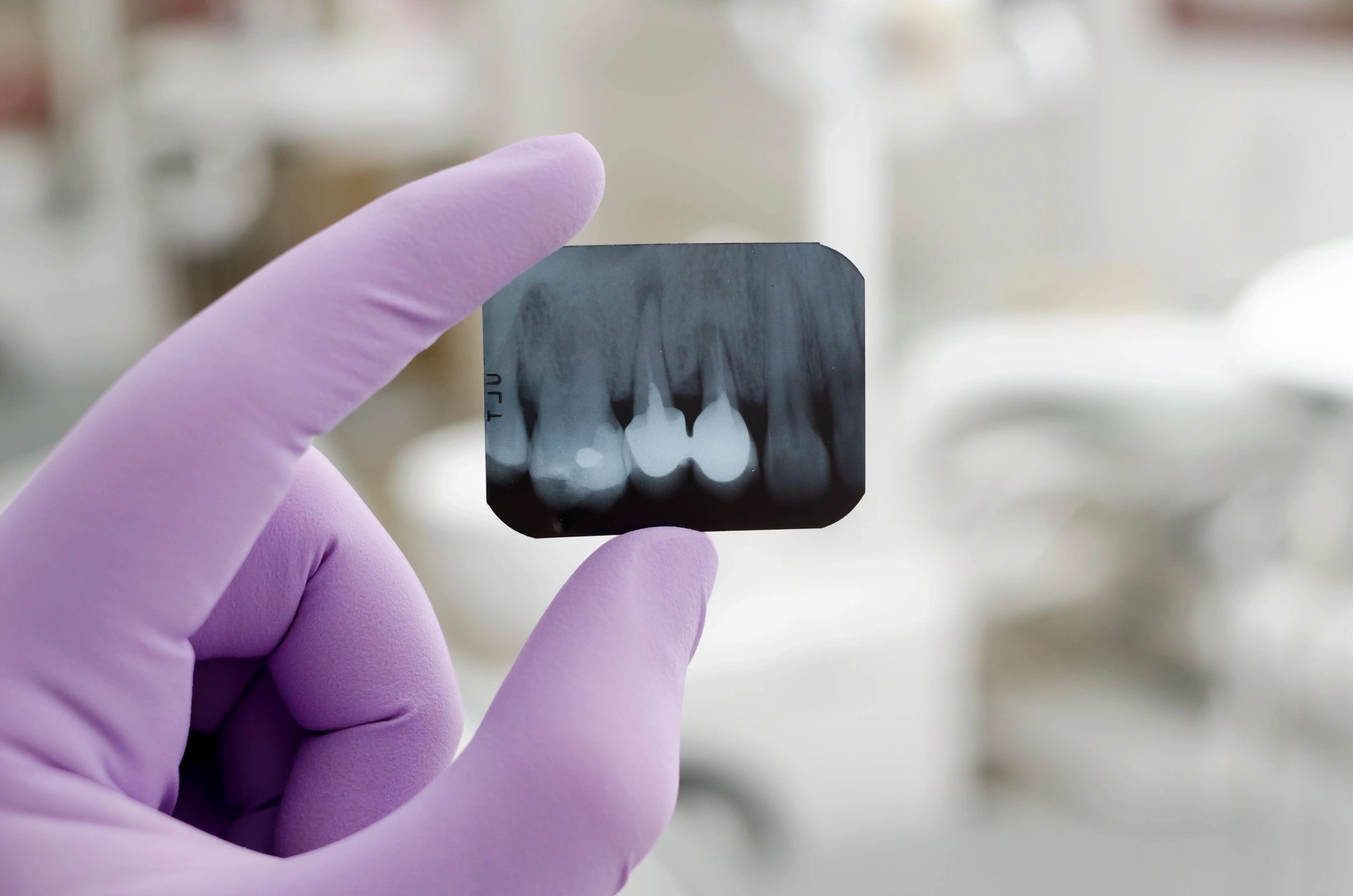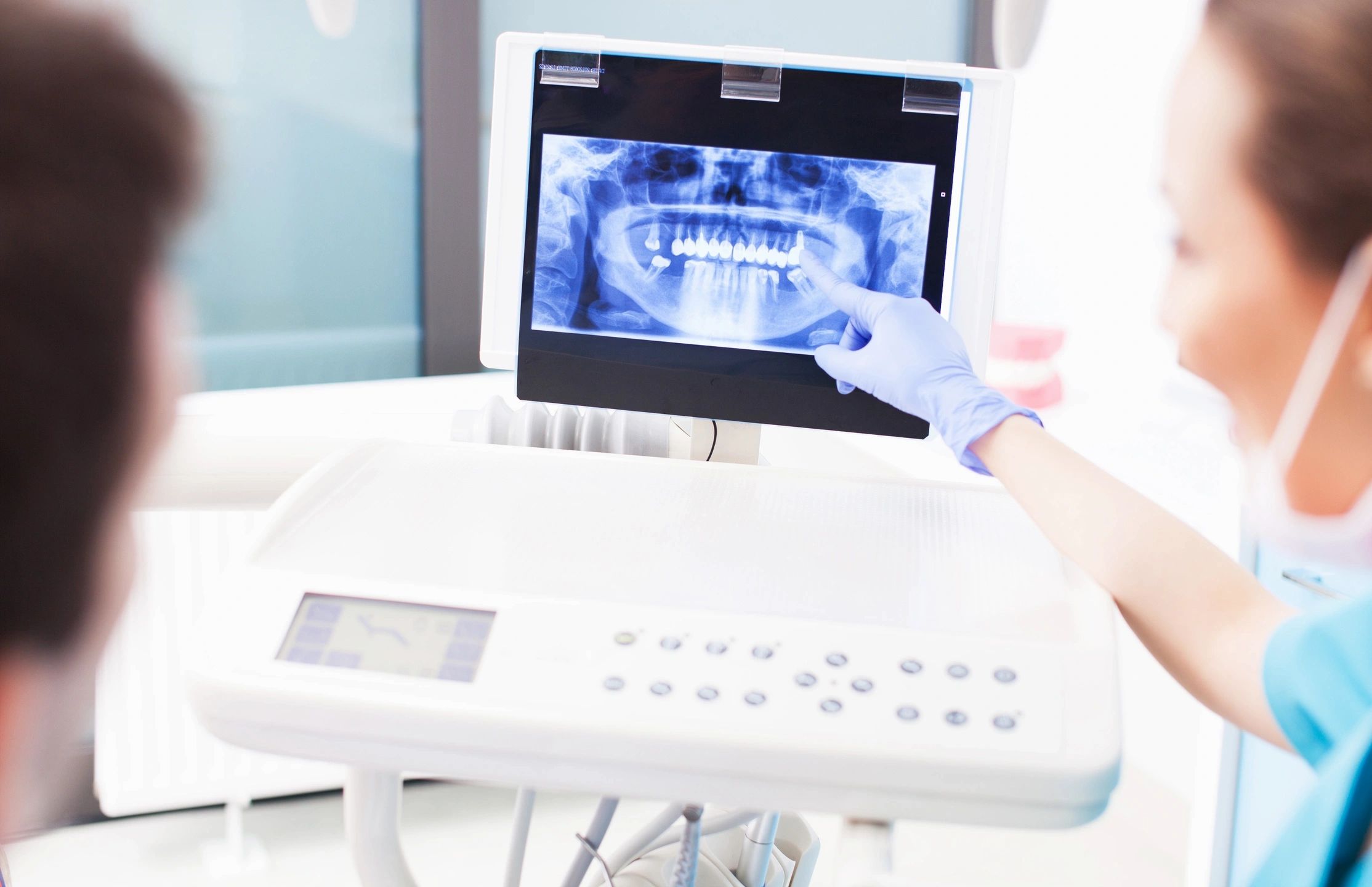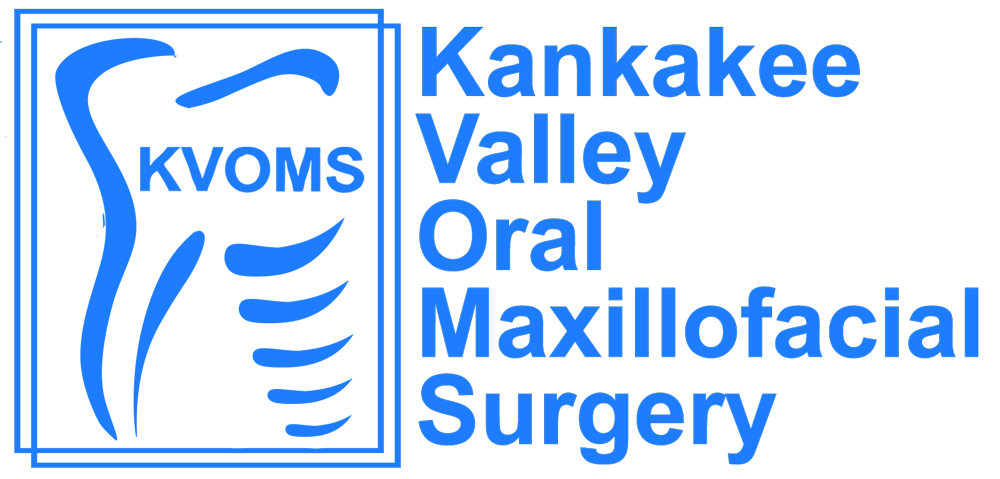Procedures at KVOMS
What We Do
Wisdom Tooth Removal
With age, comes wisdom and when it comes to teeth, that’s true! Between the ages of 17 and 21, you may have your wisdom teeth erupt. This may cause some people pain or for others, it may shift the placement of their teeth, particularly if they’ve gone through orthodontics (braces). Yet others have wisdom teeth that are “impacted,” or trapped in your jaw or gums. Typically, these teeth aren’t functional and can cause damage or pain and are removed.


Why should you remove wisdom teeth?
- Experiencing pain, infection, swelling, or stiffness
- Shifting teeth
- Cannot floss, trapping food and bacteria leading to decay
- Impacted tooth causing a cyst, damaging bone and roots
With any surgical procedure, you’ll discuss the right anesthesia for you including local or general.
Tooth Extraction
Sometimes a tooth cannot be saved and it must be extracted. Using state-of-the-art technology and precision surgery, we strive to make this a gentle experience.
With today’s technology, losing a tooth doesn’t have to be embarrassing or the end of your smile. We will coordinate the best and personalized plan for your restoration with your dentist. From implants, dentures, and partials, you’ll find the right solution for you.


Why remove a tooth?
- Infection
- Deterioration beyond repair
- Overcrowding
- Cysts
What’s next?
With any surgical procedure, you’ll discuss the right anesthesia for you including local or general.
Dental Implants
Tooth loss is sometimes unavoidable, but that doesn’t mean your smile has to suffer. Dental implants are a permanent solution. A titanium “root” is secured directly into your jaw allowing for a “tooth” to be built and placed upon it. This artificial new tooth functions and looks just like your previous tooth allowing you to eat, talk and of course, smile with confidence.
The dental implant process takes time to allow for proper healing and success. After tooth extraction, approximately 2-3 months of healing is necessary and occasionally, a bone graft is necessary prior to the implant placement. This is all determined at your consultation. Once the implant is in place, a healing cap is used. This process is coordinated with your primary dentist who creates your temporary and permanent tooth to ensure the restoration works for you.


Oral Pathology
Evaluation and diagnosis of irregularities of the oral cavity can help in the prevention of many diseases such as cancer. Biopsies and benign lesion removals are performed with follow-up consultation for referrals and treatment plans.
